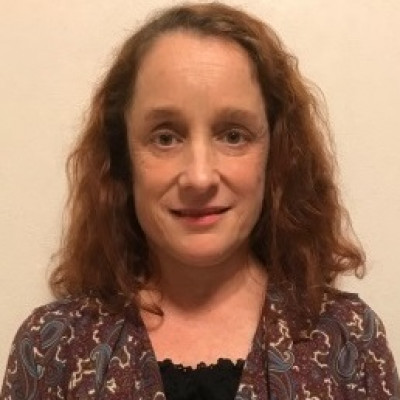Sessions / Gender Awareness in Language Education
Teaching pronoun use in gender-neutral EFL classrooms: An autoethnographic needs analysis #2706
This autoethnographic needs analysis uses the sociopolitical framework of precarity (Travers, 2018) to contextualize the researcher's experience of learning and teaching languages as a transgender man—first as a student undergoing gender transition, and then, later, as a transgender assistant English teacher in Japan. These needs are shown to have been opaque, ambiguous, and prone to change over time, indicating the significant challenge of identifying and meeting needs of LGBTQ+ students while addressing issues related to gendered language in the classroom. Because of the potential pitfalls of teaching political topics in the classroom (Byram et al., 2021), taking a perspective of intercultural exchange and awareness-raising is recommended, with the goal of developing learner awareness of potential communication challenges related to gender identity and expression. The analysis concludes with specific suggestions, such as grammatical and pragmatic instruction in the use of singular "they" (Grote, 2020), using realia such as SNS accounts to raise awareness of changing pronoun conventions in English, and the pros and cons of strategies such as "pronoun signposting" in the creation of a gender-friendly classroom environment (Airton, 2019).
Intersectionality: From identity to social justice in the classroom #2701
Intersectionality, an intellectual framework first named in the 1980’s by African-American scholars including Kimberle Crenshaw and Patricia Hill Collins, is fundamental within feminist and anti-racist thought and activism. Identity is viewed as a matrix, a crossroads of various identities which are experienced differently by people of different groups, including races, social classes, and genders. Teachers and learners can benefit from awareness of this complex framework, keeping in mind that the ultimate goal is to move beyond personal identity and promote social justice, inclusion, and equality. Indeed, many of us are working from an intersectional standpoint already, understanding that we all have both privilege and challenge, and insisting that members of oppressed groups be given space to speak for themselves. Even Japanese university students, who may assume that everyone in the room comes from a similar background, will find that the people with whom they interact daily are surprisingly diverse. This presentation focuses on ways in which the speaker has introduced the concept of intersectionality to students with a wide range of language skill levels. Participants will be invited to discuss their experiences and reflect upon ways they might apply intersectionality in their own teaching and learning contexts.
GALE SIG Forum #2648
This is the Forum of the gender awareness in language education (GALE) SIG. GALE’s mission is to research gender and its implications for language learning, teaching, and training; to improve pedagogical practices, develop language teaching material; to raise awareness of workplace and human rights issues related to gender for language professionals; and to increase networking opportunities among language professionals interested in teaching, researching, and/or discussing issues related to gender and language education. Forum speakers represent a wide range of research and perspectives on gender awareness in language education within the SIG and the organization of JALT as a whole. Presenters will engage in discussion of the importance of gender issues within the language teaching profession.



